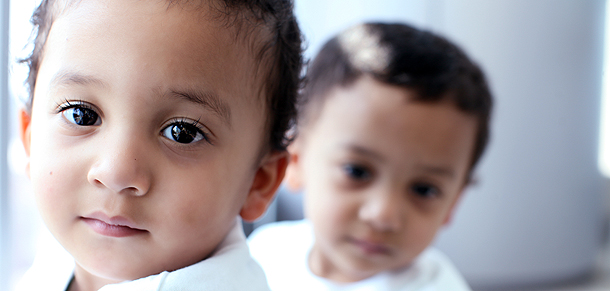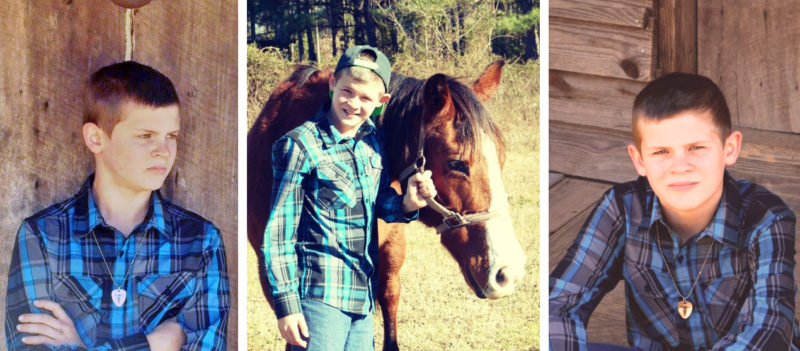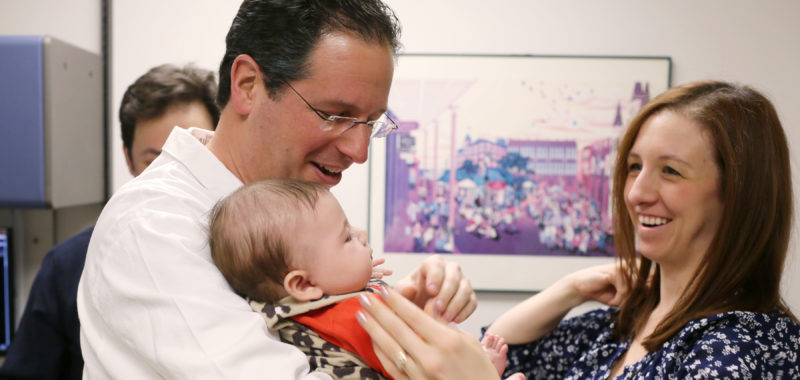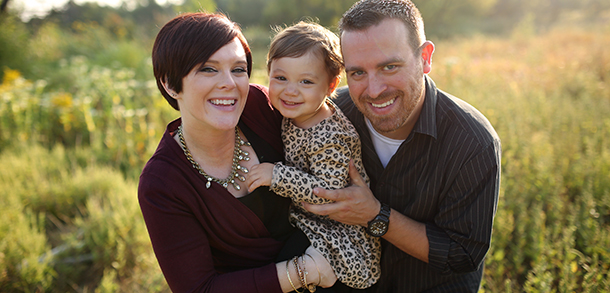It’s a question I am asked frequently as a colorectal surgeon.
When parents first learn of their newborn’s anorectal malformation, or imperforate anus, they have many questions and concerns. Like all new parents, they want the very best start for their baby. Hearing this diagnosis means things turned out a little different than anticipated.
Anorectal Malformations Occur in 1 in 5,000 births
Most parents ask me questions about the long-term implications of an anorectal malformation. This diagnosis means the anus and rectum did not develop properly around the fifth and seventh weeks of fetal development. It happens as often as 1 in 5,000 births.
Typically the doctor doing a physical exam will recognize the malformation within the first 24 hours. Either the baby is unable to pass stool or it exits the wrong place.
There is a spectrum of anorectal malformations in males and females. Initially, without further tests and imaging, a physician may not be able to fully convey the severity or the extent.
There are associated anomalies that go along with an anorectal malformation, and the initial 24 hours of life are important to rule out or identify any other issues. The need for a colostomy (opening of the colon to the skin of the abdomen for the baby to stool into a bag) is determined by the presence (or lack of) an opening at the skin level and the ability of the baby to pass stool.
Almost All Babies will Need Surgery to Correct An Anorectal Malformation
Almost all babies with an anorectal malformation will need surgery to correct it. How soon really depends upon the nature of the malformation and any other associated issues. Usually the malformation is repaired within the first 3-6 months of life.
Depending on the type of malformation, a multidisciplinary team consisting of a pediatric colorectal surgeon, urologist and if appropriate, a gynecologist, will participate in care and reconstructive surgery.
Will My Child With An Anorectal Malformation Ever Be Continent?
So getting back to the question I hear most frequently – will my child ever be continent?
The answer is “it depends”. The severity and associated anomalies can help us potentially predict if a child will be continent following repair. Regardless, we have developed ways to keep a child “socially continent” and in normal underwear by the time they are school age.
While every malformation is a little different, there are things we can look at to give parents a better outlook. We’ll evaluate: malformation type; whether or not there was a tethered cord; and development of the sacrum (tailbone). From this analysis we can predict – but not with 100% accuracy – the likelihood of urinary and fecal incontinence, or the child’s ability to control his or her own bladder and bowels.
The good news is that even if the likelihood for bladder and bowel control is slim, we have mechanisms and surgical and nonsurgical tools to keep your child dry, like our bowel management program. After completing this program, many of children will be in clean and in normal underwear with a daily regimen. Also, new technology is constantly evolving and recently, sacral nerve stimulation has been an option for some patients. I am certain more innovations are on the horizon.
To learn more about our Colorectal Center, please call 513-636-3240 or fill out an online form.






What a great blog to get information out. My son had surgery done at Cincinnati Children’s by Dr. Levitt in 2010. We live in Seattle and are in close contact with the colorectal team at Seattle Children’s Hospital. Unfortunately we can not seem to limit his fecal soiling. We do a daily enema for the past yr. now, and several recipes later we are in the same place. Any advice would be helpful, especially since he starts kindergarten next yr, and has already suffered teasing in preschool. Thank you!